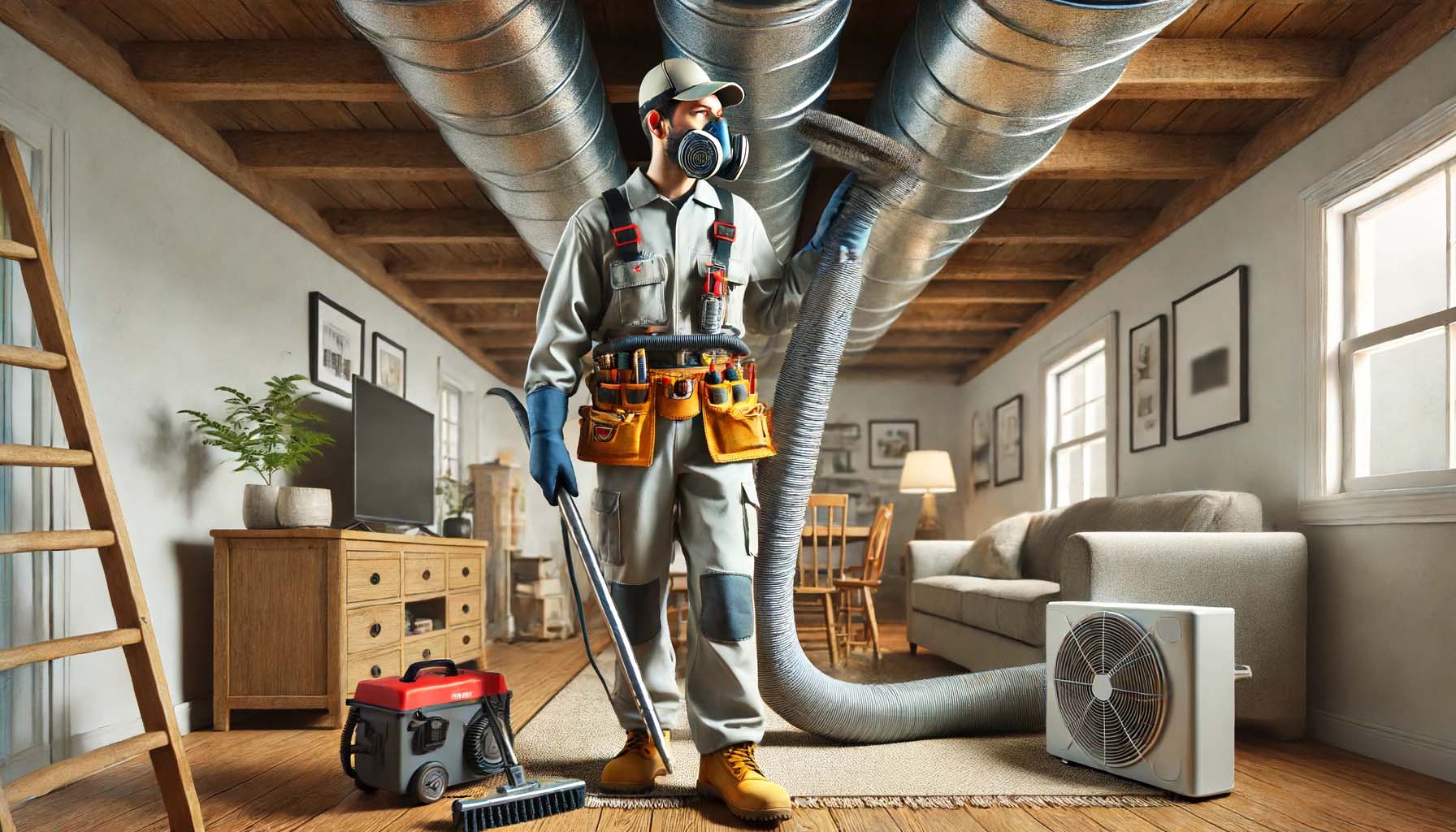
Introduction to Hydronic HVAC Systems
Have you ever wondered, what is a hydronic HVAC system? Well, it’s here, and it is a big part of the modern heating and cooling technologies that many homes and businesses use today. This terrific system uses water as its primary medium to provide comfort in indoor environments. Hydronic HVAC systems are approved for their efficiency, flexibility, and environmental benefits.
The Basics: How Do Hydronic HVAC Systems Work?
At its core, a hydronic HVAC system uses water or another fluid to transfer heat. These systems typically include a boiler to heat the water, a pump to circulate it, and various types of heat exchangers to transfer the heat into the living spaces. For cooling, chilled water can be used, creating a flexible, year-round comfort solution.
Components of a Hydronic HVAC System
- Boiler or Chiller
- Circulating Pumps
- Heat Exchangers (such as radiators or baseboard units)
- Expansion Tanks
- Control Systems
Advantages of Hydronic HVAC Systems
Hydronic HVAC systems offer tremendous advantages, making them a top choice for many homeowners and business owners. Here are some key benefits:
- Energy Efficiency: These systems can be more energy-efficient than traditional forced-air systems.
- Environmental Benefits: Hydronic systems use water, which is a sustainable resource.
- Quiet Operation: The absence of noisy blowers makes these systems quieter.
- Even Heating and Cooling: Hydronic systems provide a more even distribution of heat and cooling.
Applications of Hydronic HVAC Systems
Approved for their versatility, hydronic HVAC systems are used in various settings. They are common in residential homes, commercial buildings, and industrial applications. Their constant, evenly distributed heating makes them excellent for large spaces, while their efficiency makes them favorable for eco-conscious homeowners.
Residential Use
In homes, hydronic systems are often used in radiant floor heating and baseboard heating. This provides a cozy and consistent warmth during the colder months. To know more about residential applications, check this residential duct cleaning.
Commercial and Industrial Use
Businesses benefit from the systems versatility, allowing for scalable solutions in office buildings, factories, and hospitals. For more about commercial HVAC solutions, visit commercial duct cleaning.
Installation and Maintenance
Regular maintenance of hydronic HVAC systems is crucial for their long-term efficiency and performance. This includes routine inspections, boiler maintenance, and cleaning of heat exchangers. Proper upkeep can significantly extend the system’s life and improve its reliability.
For maintenance tips, see our article on treating mold in HVAC systems.
Environmental Impact
One of the most delightful benefits of hydronic HVAC systems is their positive environmental impact. Using water as a heat transfer medium reduces the carbon footprint compared to traditional systems. Additionally, these systems often use less electricity, making them a greener option for modern buildings. For more on eco-friendly HVAC options, visit the EPA’s HVAC resources.
Cost Considerations
The initial cost of installing a hydronic system can be higher than traditional HVAC systems. However, the long-term savings on energy bills and the system’s longevity often offset these initial expenses. Additionally, the comfort provided by a well-maintained hydronic system offers a tremendous return on investment.
Comparing Hydronic with Other HVAC Systems
So, what sets hydronic HVAC systems apart from other types? Let’s delve into some comparisons:
Hydronic vs. Forced-Air Systems
Forced-air systems circulate air through ducts, which can cause issues like dry air, allergens, and uneven heating. Hydronic systems, on the other hand, use water to provide a more consistent and less invasive heating method.
Hydronic vs. Electric Heating
Electric heating systems can be efficient in small spaces but are generally more expensive to operate over the long term. Hydronic systems offer more cost-effective, scalable solutions for larger spaces.
Future of Hydronic HVAC Systems
The future looks very bright for hydronic HVAC technology. Innovations are continually being introduced, focusing on greater efficiency, smarter controls, and even better environmental performance. As the world moves toward sustainability, hydronic systems are poised to play a tremendous role in this transformation.
Expert Opinions
Experts in the HVAC industry often recommend hydronic systems for their reliability, efficiency, and versatility. Whether it’s for a new build or a retrofit project, these systems offer a viable solution that can be tailored to meet specific needs.
Conclusion
In conclusion, a hydronic HVAC system represents a significant technological advancement in heating and cooling. Approved for its efficie ncy and environmental benefits, it’s an excellent choice for homeowners and business owners alike. With proper installation and maintenance, these systems can provide comfortable, cost-effective climate control for years to come.
ncy and environmental benefits, it’s an excellent choice for homeowners and business owners alike. With proper installation and maintenance, these systems can provide comfortable, cost-effective climate control for years to come.
FAQs
What are the main components of a hydronic HVAC system?
The main components include a boiler or chiller, circulating pumps, heat exchangers, expansion tanks, and control systems.
Are hydronic HVAC systems more energy-efficient?
Yes, hydronic systems are generally more energy-efficient compared to traditional forced-air systems.
Is it expensive to install a hydronic HVAC system?
While the initial installation cost can be higher, the long-term energy savings and benefits often outweigh the initial investment.